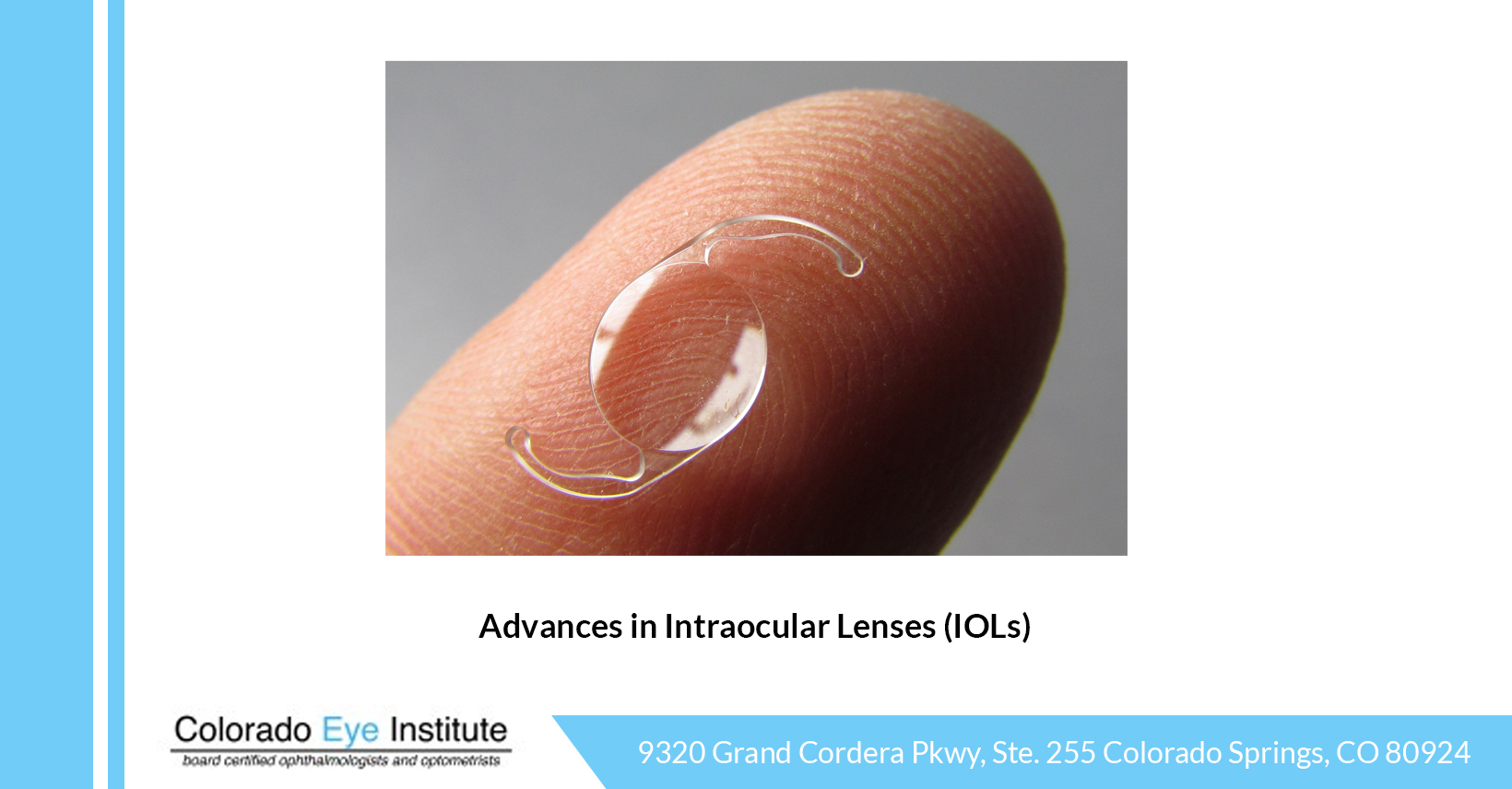Cataracts affect millions of people globally, significantly diminishing vision and quality of life. However, thanks to new advancements in intraocular lenses (IOLs), better surgical techniques, and improved recovery methods, patients can now expect clearer vision and quicker healing after surgery. Technology for cataract surgery is developing at an accelerated rate, providing patients seeking modern cataract treatments with never-before-possible levels of accuracy and customization. It is essential for those looking for the latest treatments to understand these most recent advancements in cataract eye surgery.
New Advances In Cataract Surgery
The advent of innovative technological solutions has significantly changed the field of cataract eye surgery. Femtosecond laser technology, which offers an exponential increase in surgical precision, is one of the latest advances in cataract treatment. This computer-guided laser procedure greatly reduces the need for human procedures by making accurate incisions and helping to break down the clouded lens. Surgeons make use of cutting-edge platforms that combine surgery planning, laser, and imaging capabilities into a single, seamless system. Additionally, less invasive methods are available, such as microincision cataract surgery, which makes small cuts for faster recovery and less discomfort after surgery. These new cataract treatment solutions lessen the need for corrective eyeglasses. These developments demonstrate a trend toward more patient-centered care.

Advances In Intraocular Lenses (IOLs)
Treatment for cataracts has changed as a result of the development of intraocular lenses, or IOLs. Multifocal and expanded depth-of-focus lenses are examples of newer IOLs that offer better vision correction. By simultaneously treating cataracts and refractive problems, these lenses reduce the need for glasses. Furthermore, Toric IOLs are made especially to treat astigmatism, improving visual acuity and lowering the need for corrective lenses after surgery.
These days, premium IOLs are made to fit the unique anatomy of each eye, ensuring incredibly customized results.
Advanced IOL Types
- IOLs with Extended Depth of Focus (EDOF): – These lenses offer a constant field of vision, improving close and intermediate vision while keeping strong distance vision.
- Accommodating IOLs: – These lenses can simulate the natural focusing capacity of the eye’s lens by changing shape or location inside the eye, allowing for clear vision at various distances.
- Multifocal IOLs: – With their many focus points, multifocal IOLs enable patients to see well at different distances and lessen their need for eyeglasses.
IOLs that use digital technology for more accurate vision correction and adjust to evolving visual demands are the subject of ongoing research. With these advancements, patients may be able to achieve even sharper vision.

Post-Surgery Recovery Innovations
The introduction of sophisticated drugs and micro-invasive procedures has transformed the cataract surgery recovery process. Complex after-surgery eye drop regimes are no longer necessary with dripless cataract surgery, which increases patient comfort. New anti-inflammatory drugs and healing ingredients reduce recovery periods while lowering the possibility of complications. These cataract surgery advances have improved patient accessibility and convenience.
Additionally, improvements in anti-inflammatory drugs and pain management strategies have helped reduce discomfort during the healing process. Patients can anticipate a better overall surgery experience and a speedier return to their regular activities.
Conclusion
The field of cataract treatment stands at the forefront of medical innovation, with technological advances continuously improving surgical precision, visual outcomes, and patient experience. As these developments continue to evolve, individuals affected by cataracts can look forward to increasingly sophisticated and effective treatment options.
Colorado Eye Institute is an expert in the treatment of cataracts, offering advanced technologies and unparalleled expertise. The institute’s team is renowned for delivering precision care tailored to each patient’s unique needs. Those seeking cataract surgery Colorado Springs or cataract surgery near me will find a trusted partner in Colorado Eye Institute, ensuring the best outcomes through cutting-edge techniques. The institute’s state-of-the-art surgical center features the latest in cataract surgery technology and premium intraocular lenses. With a commitment to excellence and patient-centered care, this experienced surgical team delivers exceptional outcomes through innovative modern cataract treatments and advanced technology. With a commitment to excellence, Colorado Eye Institute redefines new cataract treatment options. Choosing the right care provider, such as the Colorado Eye Institute, ensures access to these state-of-the-art solutions.
FAQs
What are the newest treatments for cataracts?
Laser-assisted surgery, femtosecond laser cataract surgery, and advanced intraocular lenses (IOLs) such as multifocal, accommodating, and extended depth of focus (EDOF) lenses are the most recent methods of treating cataracts.
How does laser cataract surgery work?
Computer-guided femtosecond lasers are used in cataract surgical technology to make exact incisions, tear up the clouded lens, and guarantee ideal lens placement. This technique enables quicker recovery and improves surgical accuracy.
What is femtosecond laser cataract surgery?
Ultrafast lasers are used in femtosecond laser cataract surgery to carry out critical procedures, improving accuracy and lowering human error.
Are there non-surgical options for cataract treatment?
According to a new study, chelation-based treatments that target early cataracts and improve lens clarity provide viable non-surgical solutions. These treatments are not yet generally accessible and are being researched.
